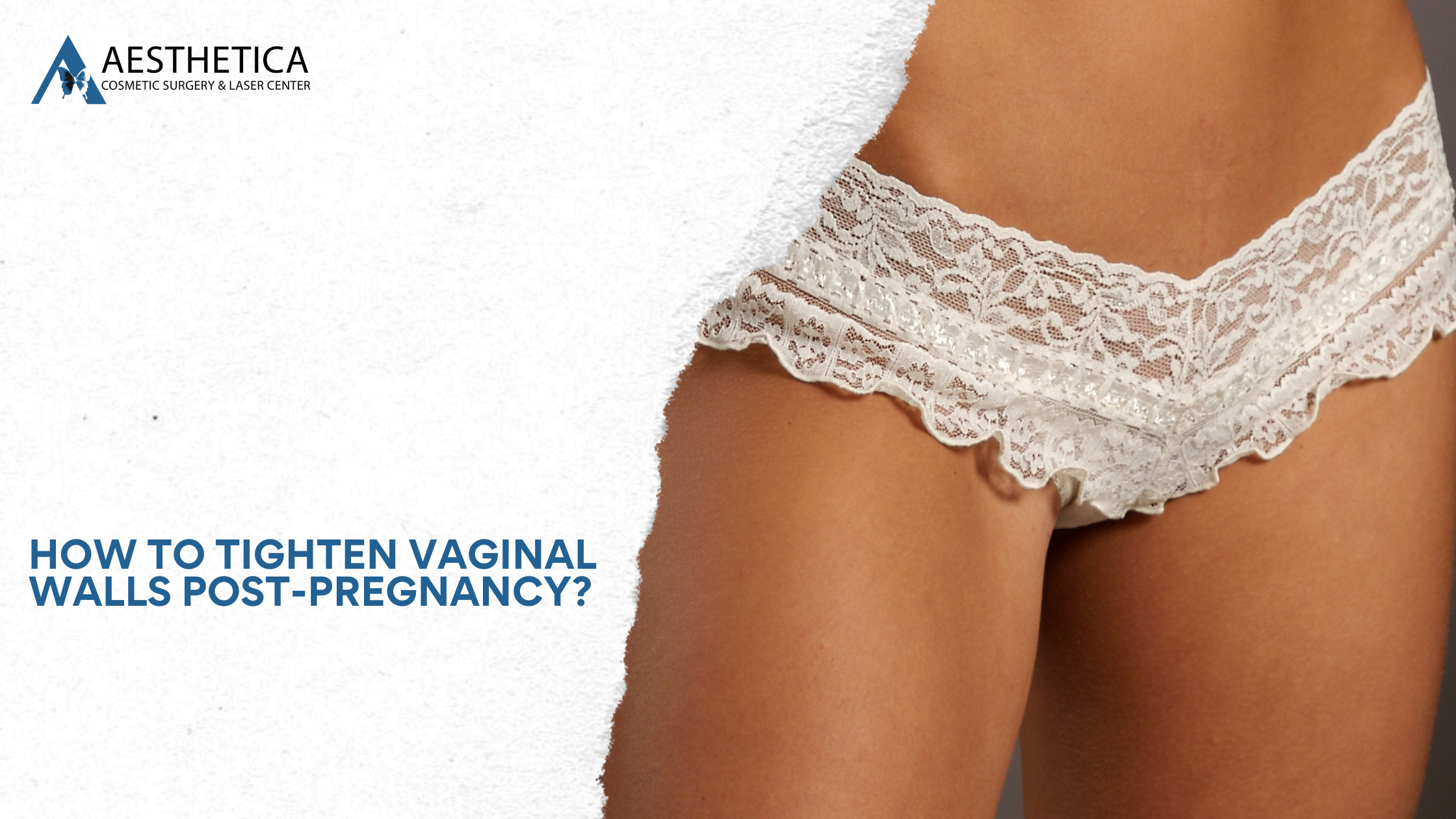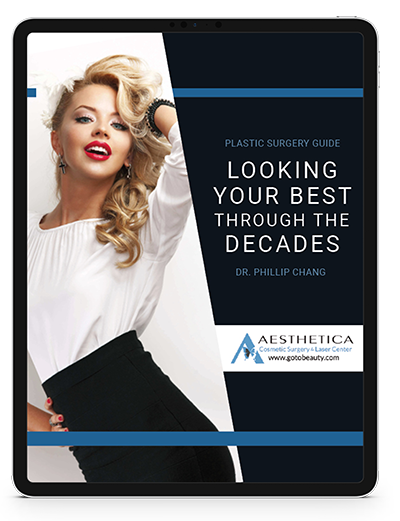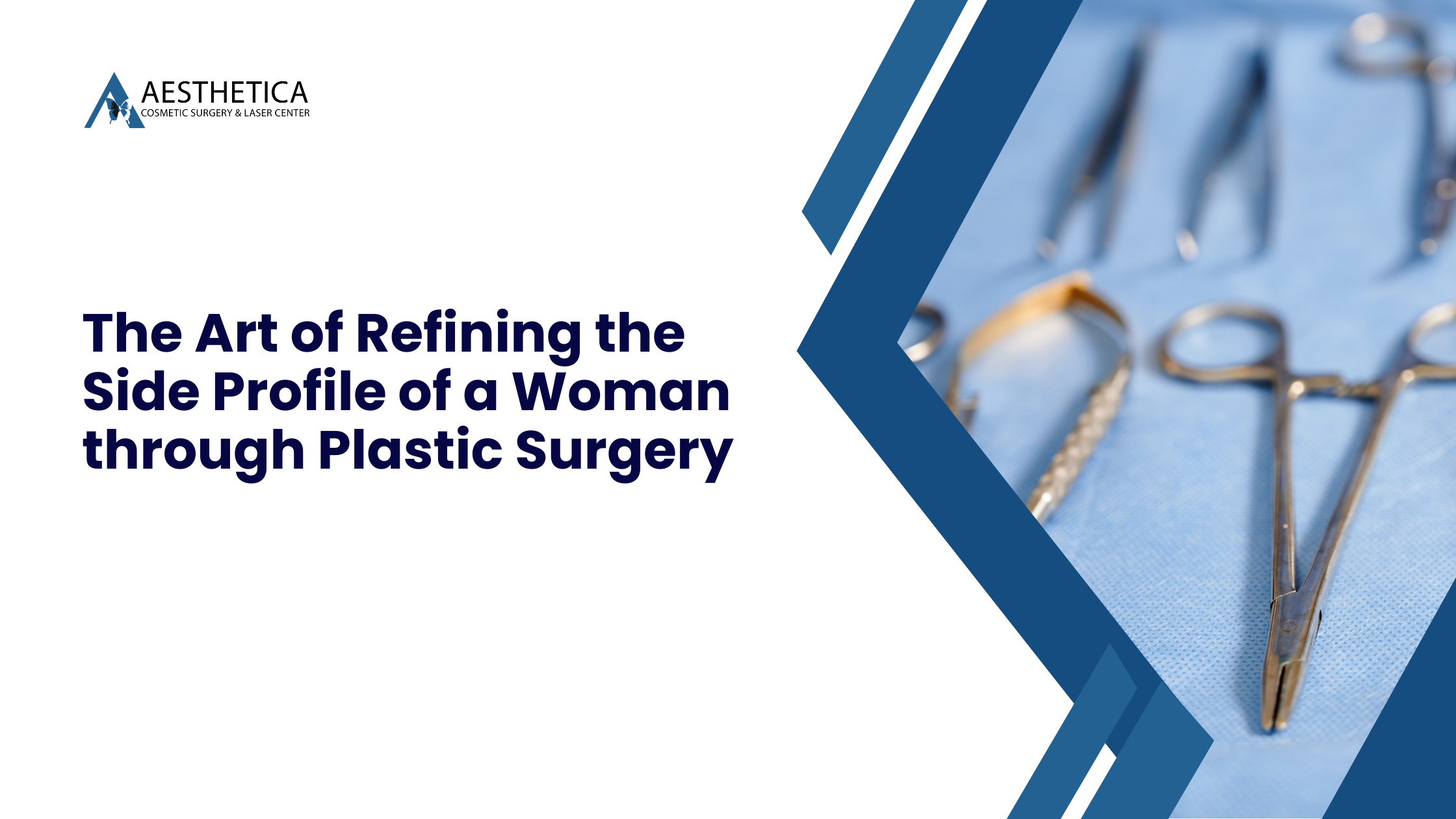Post-pregnancy, many women experience changes in their vaginal health. The process of childbirth can stretch and strain the vaginal muscles, leading to a feeling of looseness. This natural occurrence can affect a woman’s physical comfort and sexual health.
Effective Natural Remedies for Vaginal Tightening
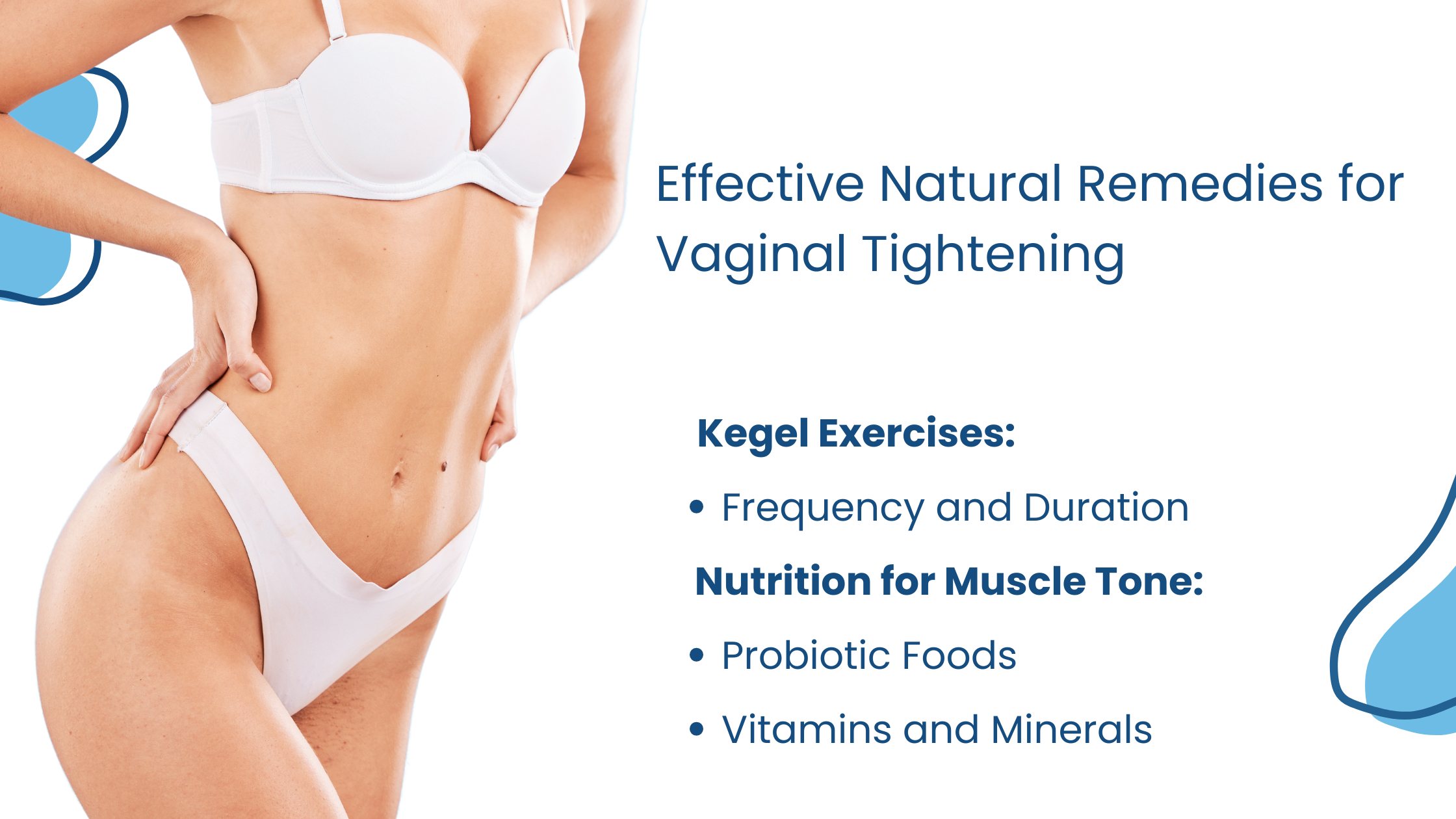
Delving deeper into natural remedies for vaginal tightening, it becomes clear that a combination of targeted physical exercises and a specifically tailored diet can yield significant benefits. Here’s a more detailed exploration:
Kegel Exercises: The effectiveness of Kegel exercises lies in their proper execution. One approach to identifying pelvic floor muscles is to stop urination mid-flow; the muscles used for this action are those targeted in Kegel exercises. Once identified, these exercises involve contracting these muscles for a few seconds and then relaxing them. Ensuring that the abdominal, thigh, and buttocks muscles are not tensed during this process is essential.
- Frequency and Duration: Kegel exercises should be performed in sets of 10-15 repetitions three times a day for optimal results. Consistency is key; many women see improvements after regularly practicing these exercises for 4-6 weeks.
Nutrition for Muscle Tone: A diet rich in natural estrogens (phytoestrogens) can be beneficial in tightening vaginal muscles. Foods like fenugreek contain diosgenin (a compound that mimics estrogen), soy products, sesame seeds, and flaxseeds are excellent sources. These foods can help balance hormones naturally, particularly important in the postpartum period.
- Probiotic Foods: Incorporating probiotic-rich foods such as yogurt into the diet can help maintain a healthy vaginal flora, reducing the risk of infections and supporting overall vaginal health.
- Vitamins and Minerals: Vitamins E and C are crucial for collagen production and maintaining skin and muscle elasticity. Foods rich in these vitamins, like almonds, leafy greens, and citrus fruits, should be a regular part of the diet. Zinc, found in nuts, seeds, and whole grains, plays a role in tissue growth and repair.
Professional Medical Treatments
In some cases, natural methods may yield different results. This is where medical treatments can step in:
Vaginal Tightening Surgery: A surgical procedure known as vaginoplasty tightens the vagina by removing excess vaginal lining and tightening the surrounding soft tissues and muscles.
Laser Vaginal Rejuvenation: A non-surgical option that uses laser technology to stimulate collagen production, tightening vaginal tissues.
Maintaining Vaginal Health Post-Treatment
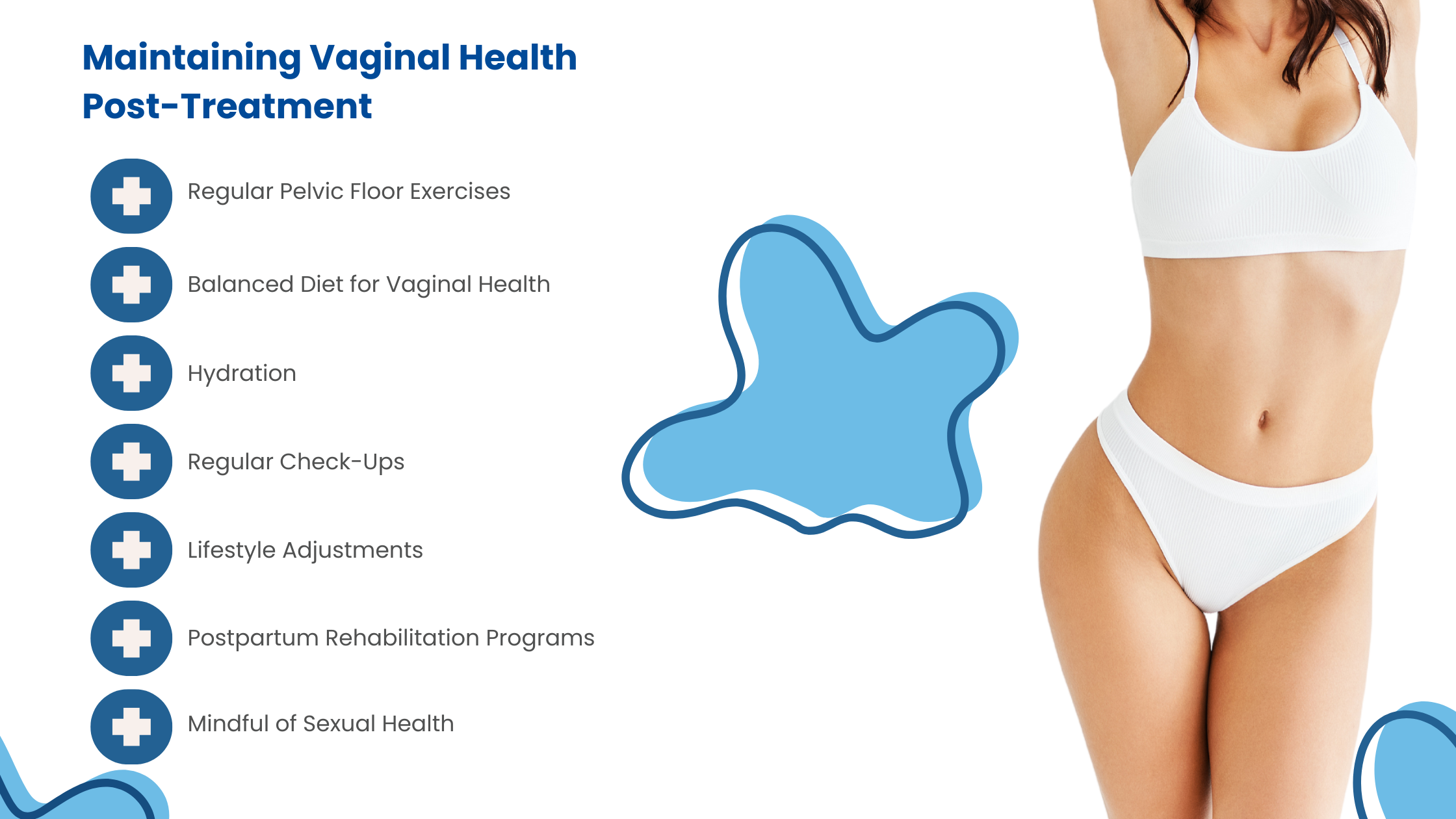
After undergoing any tightening treatment, maintaining vaginal health is crucial. Regular pelvic floor exercises, a balanced diet, and regular check-ups can help sustain the treatment results.
Maintaining vaginal health after undergoing any tightening treatment is not just a recommendation; it’s a necessity for long-term well-being and comfort. The journey towards improved vaginal health doesn’t end with the completion of a treatment, whether natural or medical. Here’s a deeper dive into how one can sustain and enhance the benefits of vaginal tightening treatments:
Regular Pelvic Floor Exercises: The cornerstone of post-treatment care is engaging in pelvic floor exercises, commonly known as Kegel exercises. These exercises involve repeatedly contracting and relaxing the muscles at the base of the pelvis.
They strengthen the pelvic floor muscles, which support the uterus, bladder, small intestine, and rectum. Stronger pelvic floor muscles mean better control and tightness, improving urinary continence and sexual sensation. These exercises should be performed several times a day, for optimal results.
Balanced Diet for Vaginal Health: Nutrition plays a pivotal role in maintaining muscle tone and overall health of the vaginal area. A diet rich in phytoestrogens found in foods like flaxseeds, soybeans, and legumes can help balance hormones naturally, beneficial after the hormonal upheaval of pregnancy and childbirth.
Foods rich in natural probiotics, like yogurt, are also essential as they help maintain the healthy bacterial balance in the vagina. Additionally, a diet high in fruits, vegetables, and whole grains ensures adequate fiber intake, preventing constipation and the resultant straining that can weaken pelvic floor muscles.
Hydration: Adequate hydration is essential for all aspects of health, including vaginal health. Water helps in maintaining the natural lubrication of the vagina and aids in the prevention of urinary tract infections (UTIs). Drinking at least 8-10 glasses of water a day is recommended.
Regular Check-Ups: Regular gynecological check-ups are crucial following any vaginal tightening treatment. These check-ups allow healthcare providers to monitor the recovery and maintenance of vaginal health, ensuring that the benefits of the therapy are sustained. During these visits, patients can discuss any concerns or symptoms they may be experiencing and receive professional advice on their ongoing care routine.
Lifestyle Adjustments: Lifestyle choices can have a significant impact on maintaining the results of vaginal tightening treatments. Avoiding smoking, which can weaken the pelvic floor muscles, maintaining a healthy weight to reduce pressure on pelvic organs, and avoiding heavy lifting can all contribute to sustaining treatment results.
Postpartum Rehabilitation Programs: For women who have undergone vaginal tightening treatments post-pregnancy, specialized postpartum rehabilitation programs can offer a structured approach to regaining pelvic floor strength. These programs, often led by physiotherapists specializing in women’s health, provide tailored exercise routines and guidance.
Mindful of Sexual Health: Maintaining a healthy and respectful approach to sexual activity is important. Understanding one’s body and communicating with one’s partner about comfort levels and any changes experienced post-treatment is vital for both physical and emotional well-being.
In conclusion, maintaining vaginal health post-treatment is a multifaceted approach that encompasses physical exercises, dietary considerations, regular medical check-ups, and lifestyle changes. This holistic approach ensures that the benefits of the treatment are not only sustained but also that overall well-being is enhanced.
Emotional and Psychological Aspects of Vaginal Tightening
Addressing emotional and psychological well-being is as important as physical treatments. Open communication with partners and seeking professional counseling, if needed, can be beneficial.
The Role of Consistent Exercise and Healthy Lifestyle
A consistent exercise regimen, particularly core strengthening exercises, can indirectly aid in tightening the vaginal walls. A healthy lifestyle, including proper hydration and avoiding smoking, contributes positively.
A Holistic Approach to Post-Pregnancy Vaginal Health
Tightening vaginal walls, post-pregnancy involves a combination of exercises, dietary changes, possibly medical treatments, and a focus on emotional health. It’s important to consult healthcare providers to choose the right method.

Begin Your Vagina Tightening Journey Today!
Meet us at 19500 Sandridge Way, Suite 350, Leesburg, VA 20176, or call us at (703) 574-4342 for a complimentary consultation with Board-Certified Plastic Surgeon Dr. Phillip Chang before moving forward with your procedure. If everything matches up, our team will help you navigate the entire process from beginning to end. Also, remember to check out our blog and social media for more information on cosmetic surgery trends!

